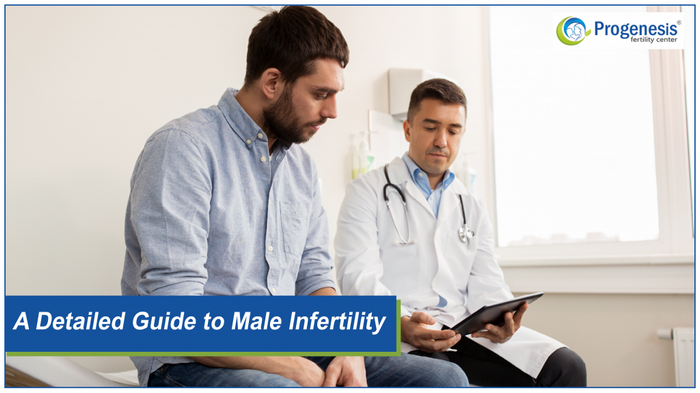When it comes to infertility, the nature of the discourse frequently tilts towards women. Yet, male factor contributes to about 50% of all infertilities, an often neglected truth. Let’s dive deeper into understanding male infertility.
Understanding Male Fertility: The Production of Sperm
It’s essential to first understand the intricacies of sperm production and the male reproductive system’s workings before we can fully comprehend what causes male infertility.
Cause 1: Varicocele
Accounting for 40% of all male infertility cases, varicocele is characterized by swollen veins in a man’s scrotum. Uncover more about how varicocele might undermine fertility.
Varicoceles are enlarged veins in the scrotum, akin to varicose veins, which can potentially infringe upon the quantity and quality of sperm production by raising the temperature of the testicles, a crucial factor in sperm generation. Its treatment varies from monitoring to surgical intervention, with a focus on enhancing the overall sperm health.
Cause 2: Hormonal Imbalances
Hormones play a pivotal part in the production of sperm. When this careful balance is thwarted, fertility can be affected. Delve into hormonal imbalances as a cause for infertility.
Endocrine disorders, caused by conditions like Hypogonadism, Pituitary disorders, or even obesity, can disrupt hormonal balances that control the production of sperm. This disruption can alter sperm generation, translating to an adverse effect on fertility, and thus require appropriate hormonal therapy or lifestyle alterations.
Cause 3: Genetic Disorders
Certain genetic disorders can contribute to male infertility by impacting sperm production or the sperm’s journey. Explore the genetic factor at play in male infertility.
Specific genetic defects like Klinefelter’s syndrome, Y chromosome deletions, or Cystic Fibrosis can impede the natural functioning of the male reproductive system. These disorders can limit or halt sperm production, cause anomalies in the sperm transport system, all leading to infertility. Genetic counseling plays a pivotal role in these contexts.
Cause 4: Lifestyle Factors
Smoking, alcohol use, drug abuse, environmental toxins, and other lifestyle and occupational factors can adversely affect fertility. Let’s explore this preventable face of male infertility.
Chronic diseases like kidney disease, malnutrition, drug and alcohol abuse, tobacco use, exposure to environmental toxins, inappropriate medication use – can all adversely impact sperm’s overall health and functionality. Each of these factors can irreversibly or temporarily impair fertility, necessitating the need for preventive guidelines and healthy lifestyle modifications.
Cause 5: Issues with Ejaculation and Erection
Libido and problems with ejaculation or erection truly affect fertility. It’s essential to shed light on this aspect, often shadowed by stigma and hushed voices.
Health conditions like diabetes, spinal injuries, surgical complications, medications, or psychological issues can cause problems with erection or ejaculation. These difficulties can drastically limit a man’s fertility by blocking the effective delivery of sperm, emphasizing psychosexual counselling and suitable treatments.
Cause 6: Age and Fertility
The impact of age on fertility isn’t exclusive to women. Aging affects the male reproductive system too.
Even though men continue producing sperm throughout their lives, the quality of sperm tends to decrease with age from about their mid-40s. This age-related decline in fertility potential is associated with DNA damage in sperm, increased erectile dysfunction, and decreased sexual activity frequency. Hence, age cannot be overlooked as a contributing factor to male infertility.
Let’s dissect how age factors into male infertility.
Infertility Treatments: Medical Interventions in Male Fertility
Despite the diverse array of causes, medical science has conjured treatments that successfully address and manage male infertility. Let’s delve into understanding these.
Psychological Impact: The Invisible Scars of Male Infertility
While the physical causes and treatments of male infertility are talked about, the psychological impact often is not given due consideration. Appreciate the mental health aspect of dealing with male infertility.
Conclusion: Demystifying and Addressing Male Infertility
Male infertility, once a hushed topic, needs visibility and demystification. It manifests for various reasons, but understanding and addressing these can transform this challenge into a journey of hope and potential.























